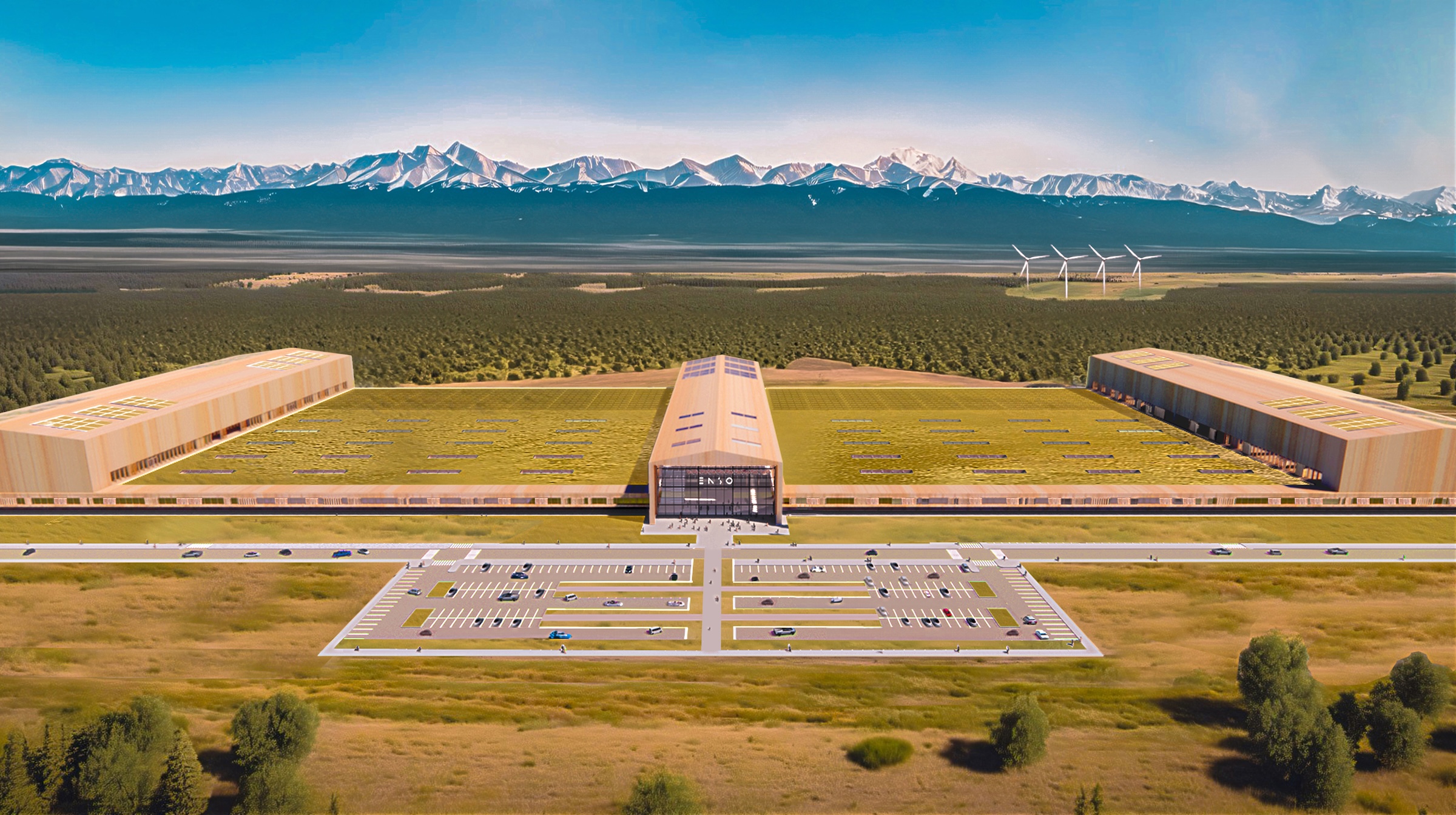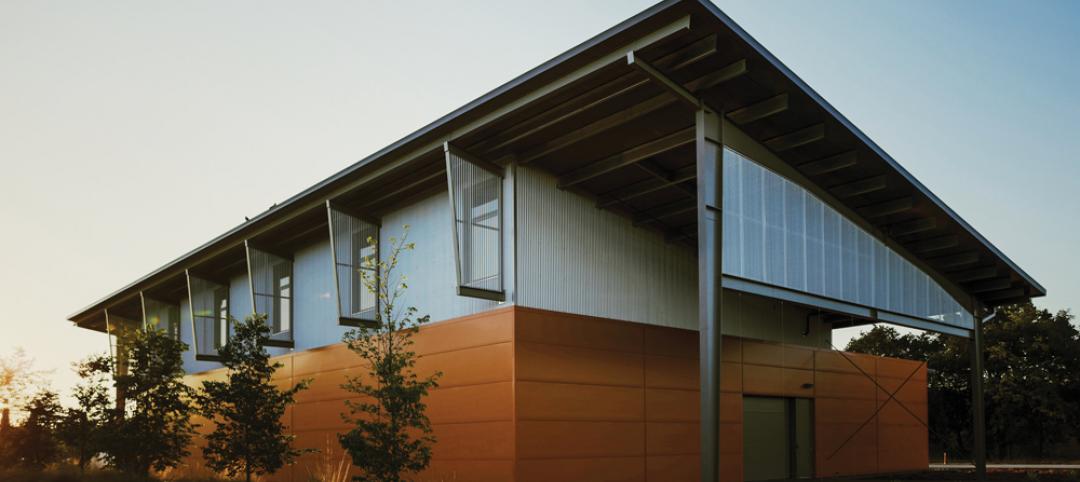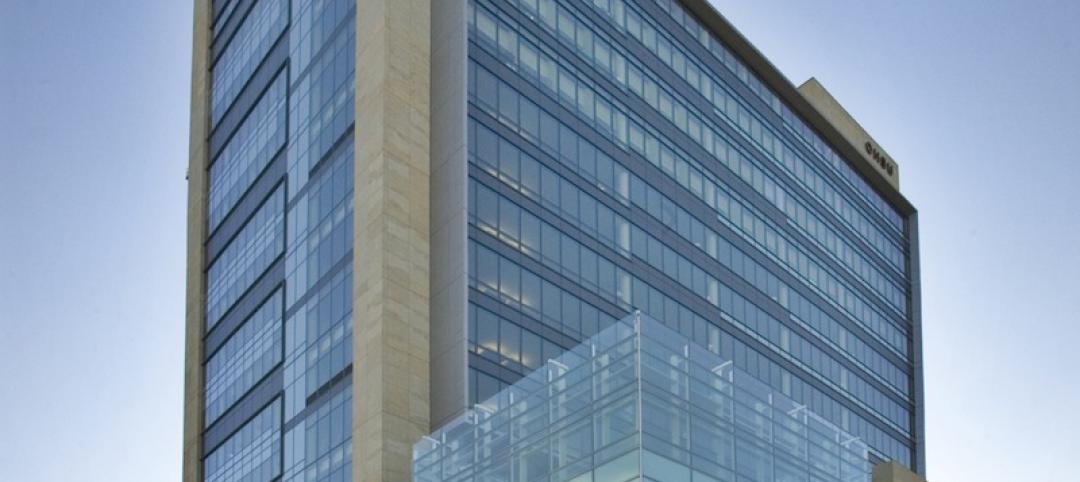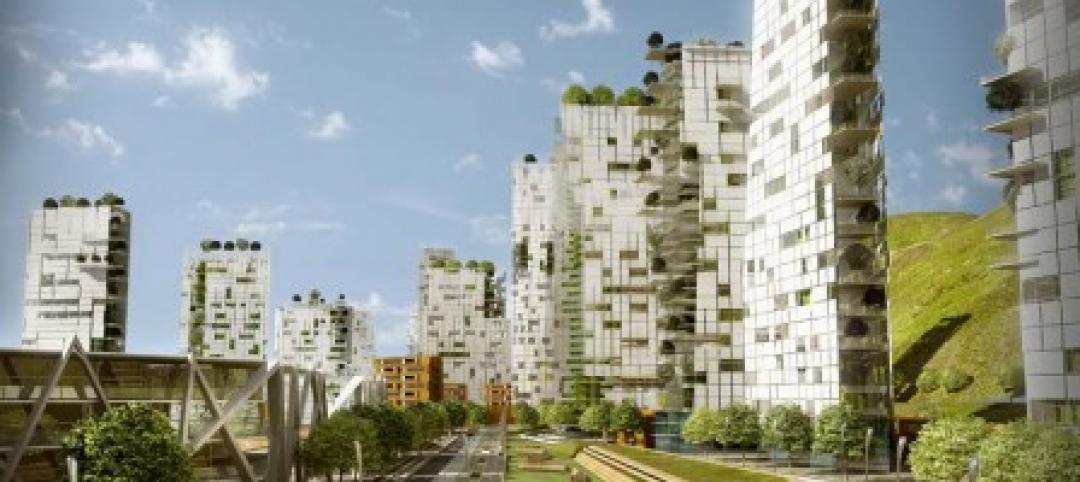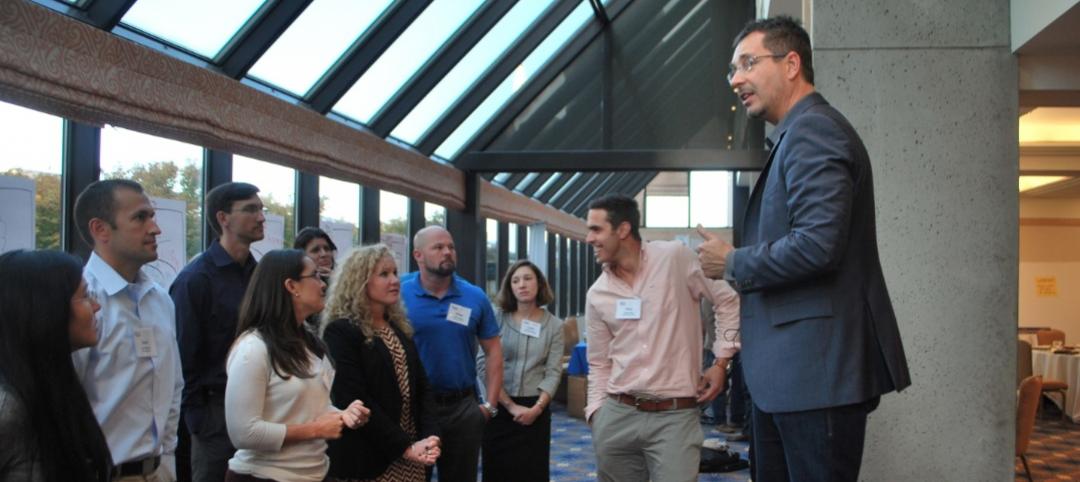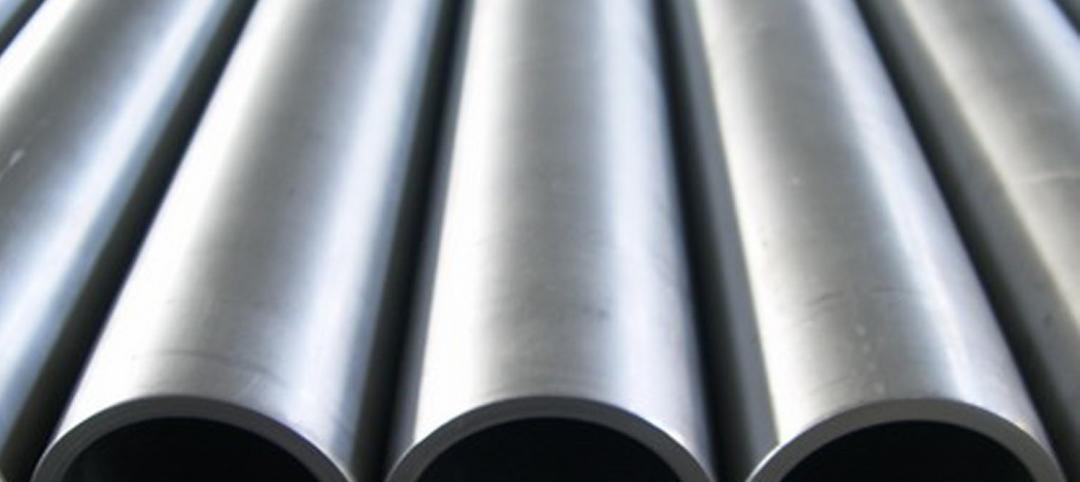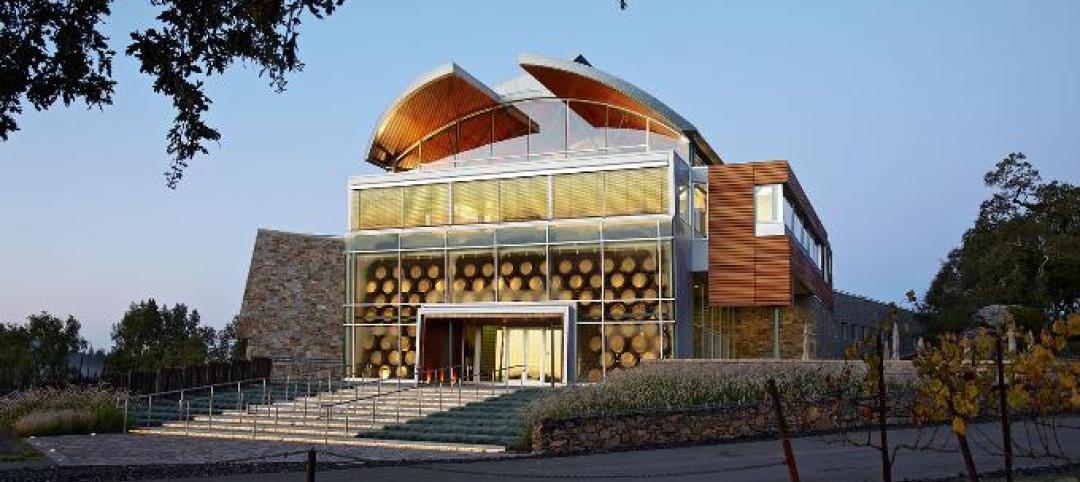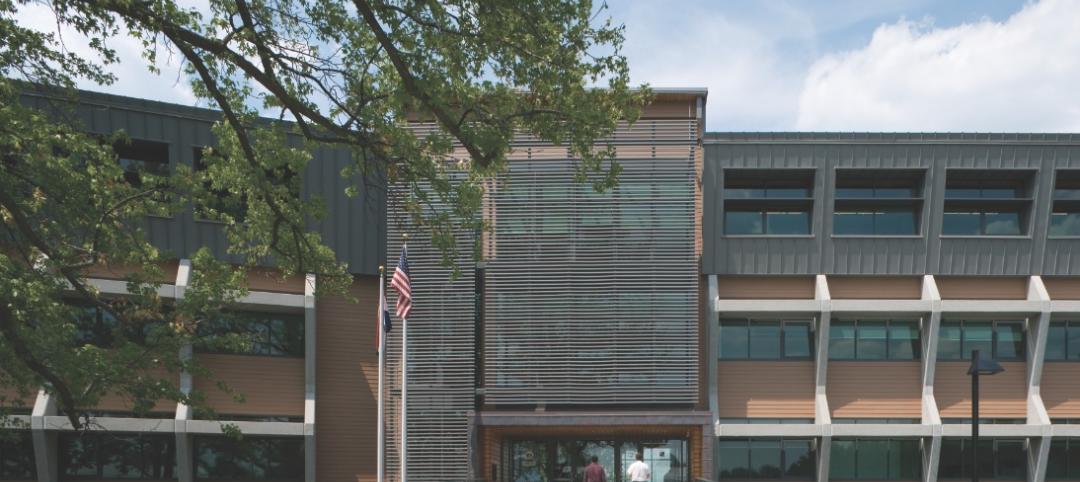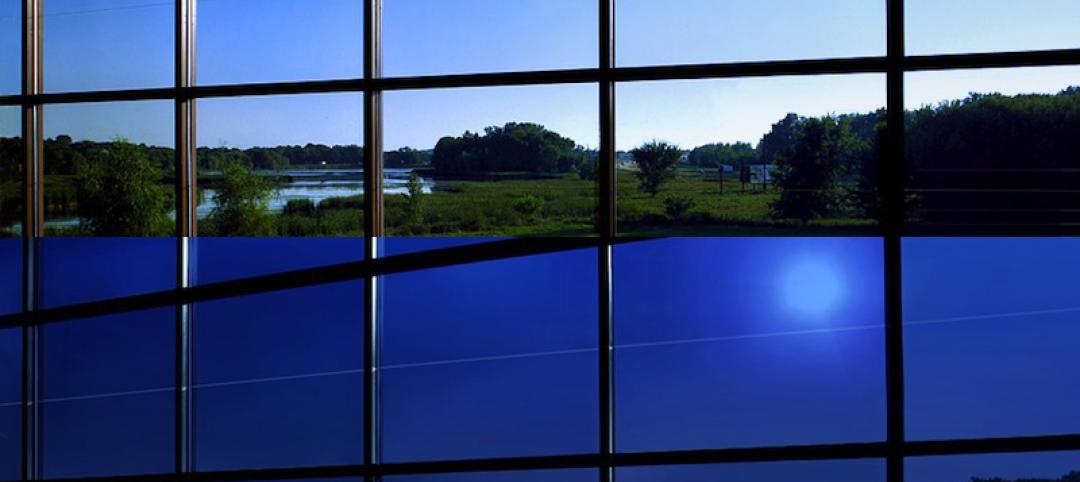ENSO, a U.K.-based company that makes tires for electric vehicles, has announced plans to build the first carbon-neutral tire factory in the U.S.
The $500 million ENSO technology campus will be powered entirely by renewable energy. The first-of-its-kind tire industrial campus aims to be carbon neutral without purchased offsets, using carbon-neutral raw materials and building materials.
In its first phase, the factory will produce five million EV tires annually by 2027 and create 600 jobs. The factory will expand to 2,400 jobs when built out to its full production capacity of 20 million tires, which ENSO says is 8% of the total annual U.S. tire market. To accelerate and scale innovation, the ENSO technology campus will integrate research and development production under one roof.
Most tires sold in the U.S. today are imported, ENSO reports. The factory aims to reduce U.S. reliance on imports and enhance domestic production. Possible factory locations include Colorado, Georgia, Nevada, and Texas, among other states.
“The U.S. is the best place for ENSO to establish its first carbon-neutral tire factory,” ENSO CEO Gunnlaugur Erlendsson said in a press statement. “With strong regulatory support and a significant market opportunity, we are committed to bringing our innovative, low-emission, low-cost tires to American consumers. This factory will make tires more affordable, reduce tire pollution, create great jobs, and drive sustainability in the U.S. tire industry.”
ENSO says it has signed a letter of interest with the Export-Import Bank of the United States to establish the factory in the U.S. Technology partner Rockwell, development firm Arup, and investors 8090 Industries and Galway Sustainable Capital are also supporting the project.
ENSO’s mission is to make EVs more successful and reduce tire pollution, which is responsible for 6 million tons of particulate matter emitted globally, per the statement. The company says its tires increase EV range by 10% and reduce particulate matter emissions by 35%. ENSO plans to phase out all fossil fuel-based raw materials from its products by 2030, replacing them with bio-based renewable and low-carbon alternatives.

Here is the full press release from ENSO:
ENSO, the tire technology company that makes better tires for electric vehicles (EVs), has signed a Letter of Interest (LOI) with the Export-Import Bank of the United States (U.S. EXIM Bank) to establish a groundbreaking carbon-neutral tire factory in America. U.S.-based technology partners Rockwell, global sustainable development firm Arup and US-based investors 8090 Industries and Galway Sustainable Capital, are supporting ENSO.
The first-of-its-kind tire factory will be carbon-neutral without purchased offsets, utilizing carbon-neutral raw materials, building materials and 100% renewable energy. In its first phase, the factory will produce 5 million EV tires by 2027 and create 600 jobs, rising to 2,400 jobs when built out to full production capacity of 20 million tires – 8% of America’s total annual tire market. The ENSO technology campus will integrate research and development with production under one roof to accelerate and scale innovation.
Announced at the SelectUSA Investment Summit in Washington DC, potential factory locations include Colorado, Nevada, Texas, and Georgia, with other states in consideration. The U.S., particularly California, has a significant EV consumer base and is leading efforts to regulate tire efficiency and emissions, making the U.S. the ideal market for ENSO.
ENSO CEO Gunnlaugur Erlendsson said, "The U.S. is the best place for ENSO to establish its first carbon-neutral tire factory. With strong regulatory support and a significant market opportunity, we are committed to bringing our innovative, low-emission, low-cost tires to American consumers. This factory will make tires more affordable, reduce tire pollution, create great jobs and drive sustainability in the U.S. tire industry.”

The U.S. regulatory environment strongly supports ENSO’s move to America. Initiatives like the Inflation Reduction Act have transformed the automotive sector and enabled more ambitious EPA (Environment Protection Act) emissions standards, paving the way for similar advancements in the tire industry. Programs such as the California Energy Commission’s (CEC) Replacement Tire Efficiency Program and the California Environmental Protection Agency’s (CalEPA) efforts to control toxic chemicals such as 6PPD in tires align with ENSO's goals, by setting out minimum efficiency and environmental standards for both new and aftermarket tires.
Tires are critical to keeping America’s economy moving. Without tires, all 275 million vehicles in the U.S. would grind to halt. Currently, the majority of tires sold in the U.S. are imported. This factory will help reduce America’s reliance on imports, enhancing domestic production capabilities. There is a big consumer appetite in the U.S. for ENSO’s tire innovation. Nearly half (47%) of Americans would be more encouraged to buy a set of tires if they were made in the U.S., 46% if they used fewer toxic materials, 43% if they produced fewer emissions, and 41% if they were made from recycled materials.
ENSO’s mission is to make EVs more successful and reduce tire pollution, saving costs for every American. ENSO’s tires already increase EV range by 10% and reduce particulate matter emissions by 35%. By producing fewer, longer-lasting tires with better technology, ENSO aims to cut tire pollution.
Tire pollution is a significant issue, responsible for six million tons of particulate matter emitted globally each year. Tire pollution is a major contributor to ocean microplastic pollution and local air pollution, while tire production is carbon intensive and creates huge amounts of waste at the end of life. ENSO, a finalist in the ‘Clean Our Air’ category of The Earthshot Prize, the prestigious annual environmental award established by Prince William, is leading the way on environmental standards in the tire industry. ENSO is leading efforts to decarbonize the tire industry and is committed to completely phase out all fossil fuel based raw materials from its products by 2030, replacing them with bio-based renewable and low-carbon alternatives.
The U.S. has a major market opportunity to lead the transformation of the tire industry and to incentivize EV adoption. America doesn't make enough tires, and ENSO’s factory will be a major step toward achieving these goals, ensuring economic benefits and environmental sustainability for American consumers. This factory therefore represents a significant investment in setting a new standard for the future of American tire manufacturing.
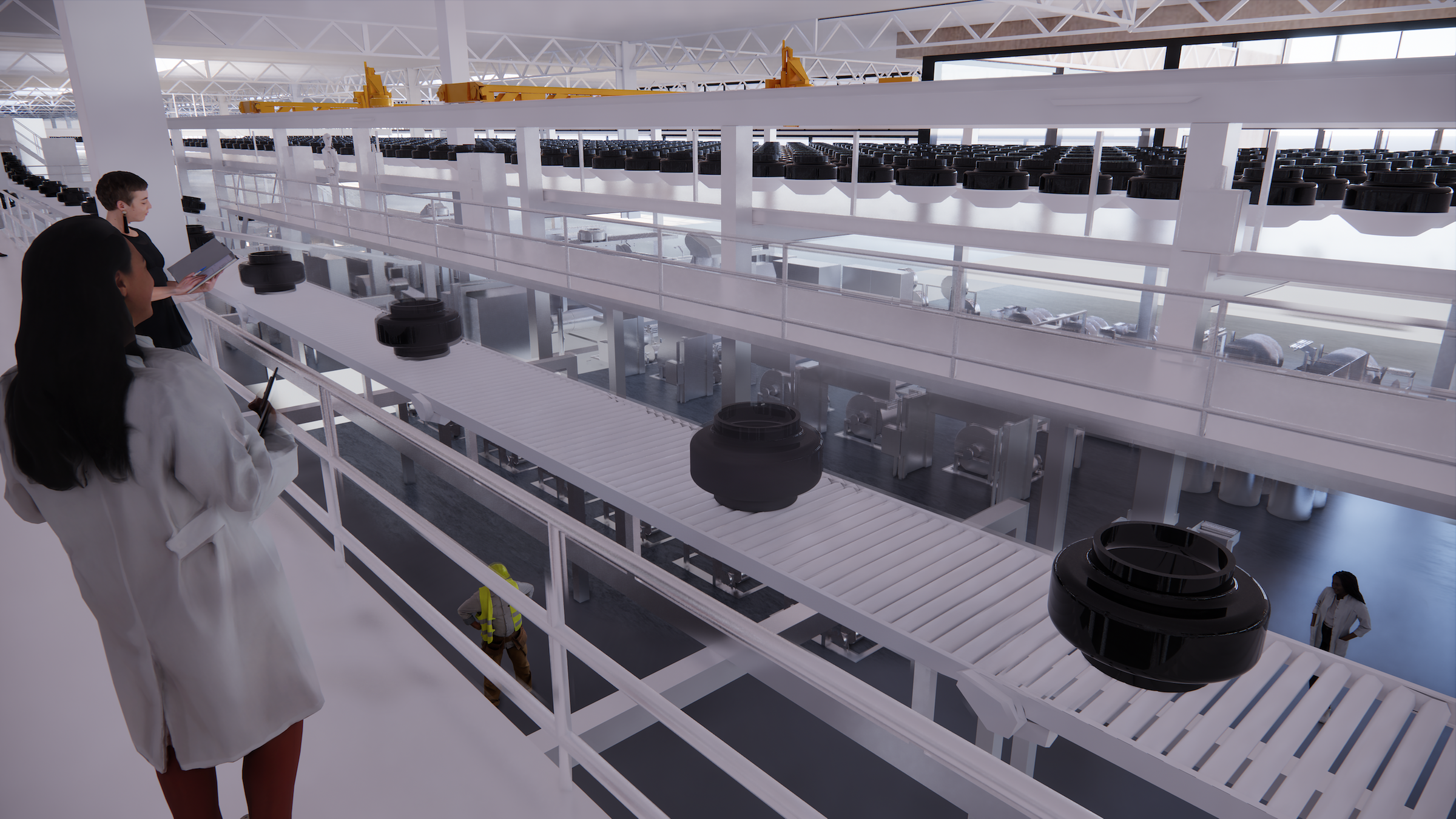
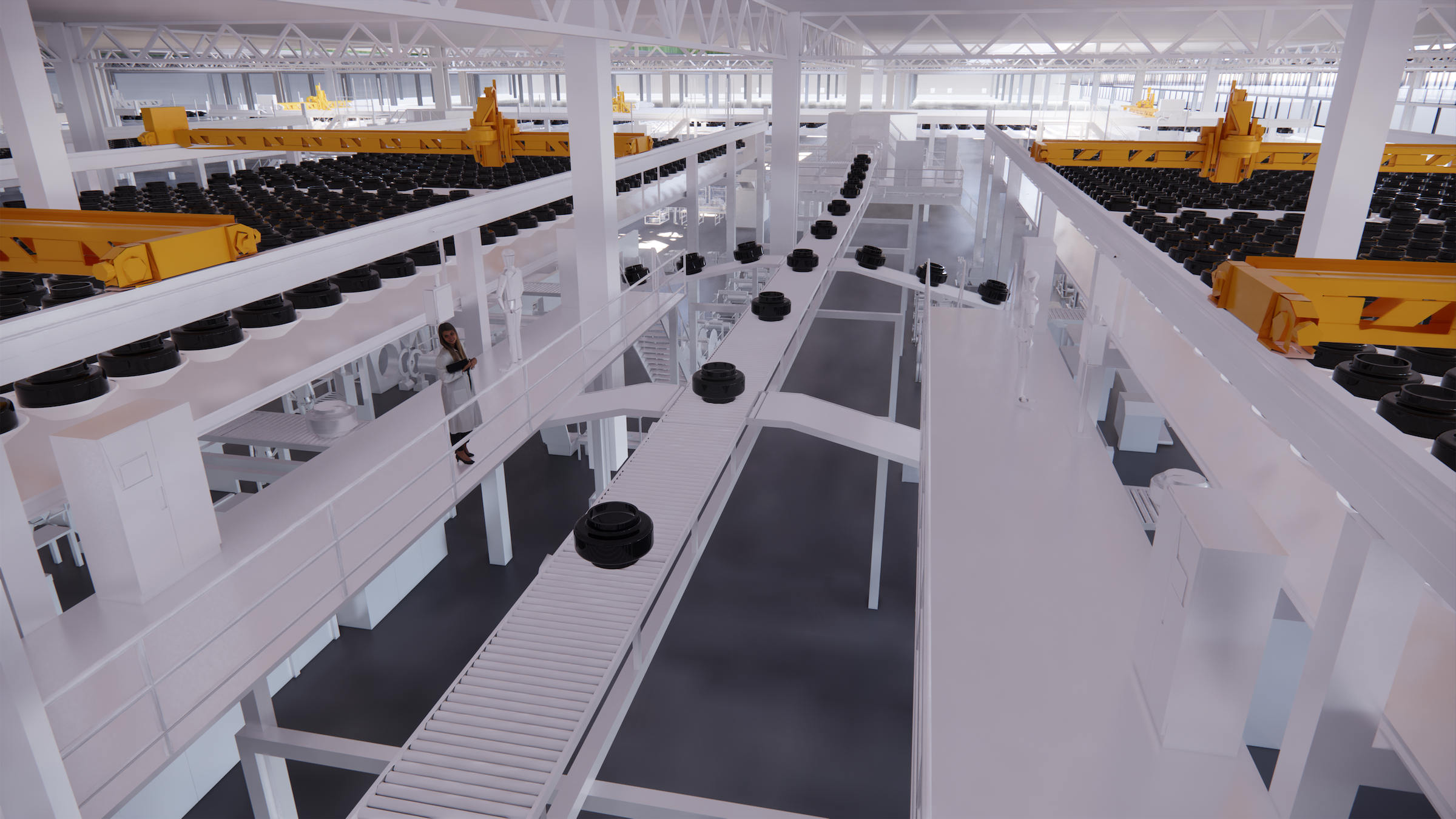
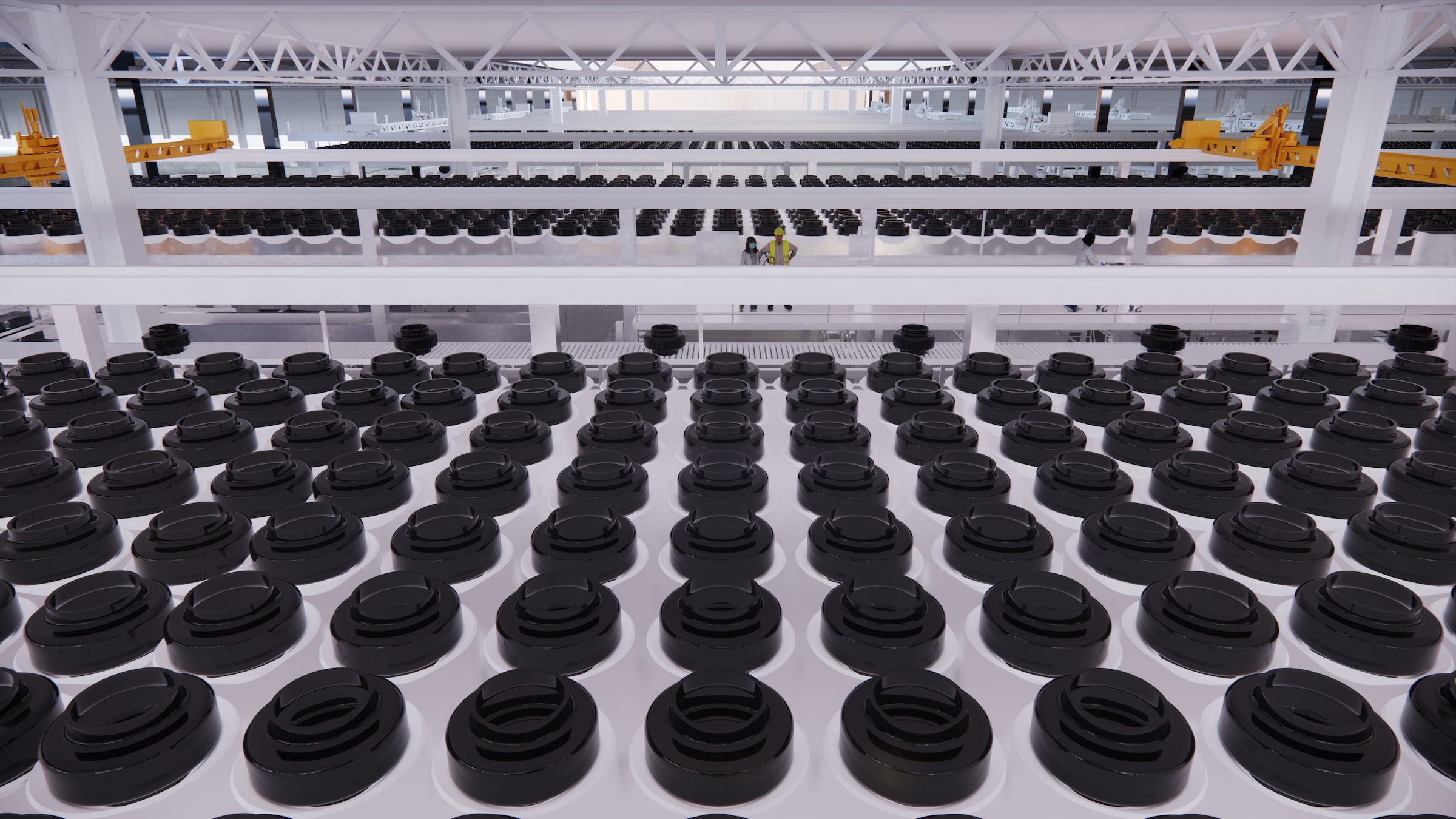
Related Stories
| Nov 8, 2013
S+T buildings embrace 'no excuses' approach to green labs
Some science-design experts once believed high levels of sustainability would be possible only for low-intensity labs in temperate zones. But recent projects prove otherwise.
| Nov 6, 2013
Energy-efficiency measures paying off for commercial building owners, says BOMA study
The commercial real estate industry’s ongoing focus on energy efficiency has resulted in a downward trend in total operating expenses (3.9 percent drop, on average), according to BOMA's Experience Exchange Report.
| Oct 30, 2013
11 hot BIM/VDC topics for 2013
If you like to geek out on building information modeling and virtual design and construction, you should enjoy this overview of the top BIM/VDC topics.
| Oct 28, 2013
Urban growth doesn’t have to destroy nature—it can work with it
Our collective desire to live in cities has never been stronger. According to the World Health Organization, 60% of the world’s population will live in a city by 2030. As urban populations swell, what people demand from their cities is evolving.
| Oct 18, 2013
Meet the winners of BD+C's $5,000 Vision U40 Competition
Fifteen teams competed last week in the first annual Vision U40 Competition at BD+C's Under 40 Leadership Summit in San Francisco. Here are the five winning teams, including the $3,000 grand prize honorees.
| Oct 18, 2013
Researchers discover tension-fusing properties of metal
When a group of MIT researchers recently discovered that stress can cause metal alloy to fuse rather than break apart, they assumed it must be a mistake. It wasn't. The surprising finding could lead to self-healing materials that repair early damage before it has a chance to spread.
| Oct 7, 2013
10 award-winning metal building projects
The FDNY Fireboat Firehouse in New York and the Cirrus Logic Building in Austin, Texas, are among nine projects named winners of the 2013 Chairman’s Award by the Metal Construction Association for outstanding design and construction.
| Sep 24, 2013
8 grand green roofs (and walls)
A dramatic interior green wall at Drexel University and a massive, 4.4-acre vegetated roof at the Kauffman Performing Arts Center in Kansas City are among the projects honored in the 2013 Green Roof and Wall Awards of Excellence.
| Sep 19, 2013
What we can learn from the world’s greenest buildings
Renowned green building author, Jerry Yudelson, offers five valuable lessons for designers, contractors, and building owners, based on a study of 55 high-performance projects from around the world.
| Sep 19, 2013
6 emerging energy-management glazing technologies
Phase-change materials, electrochromic glass, and building-integrated PVs are among the breakthrough glazing technologies that are taking energy performance to a new level.


